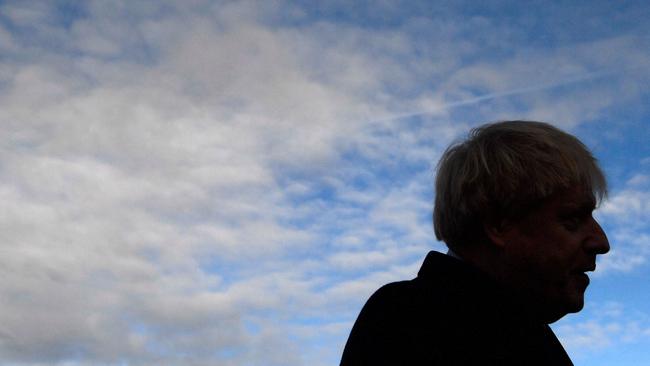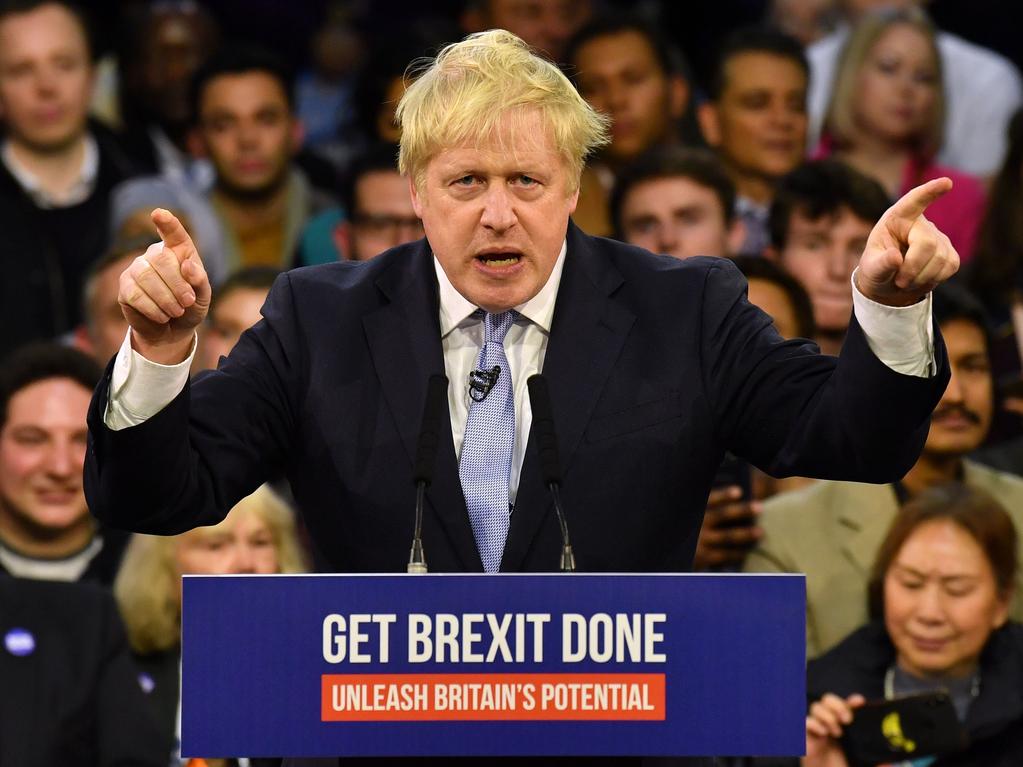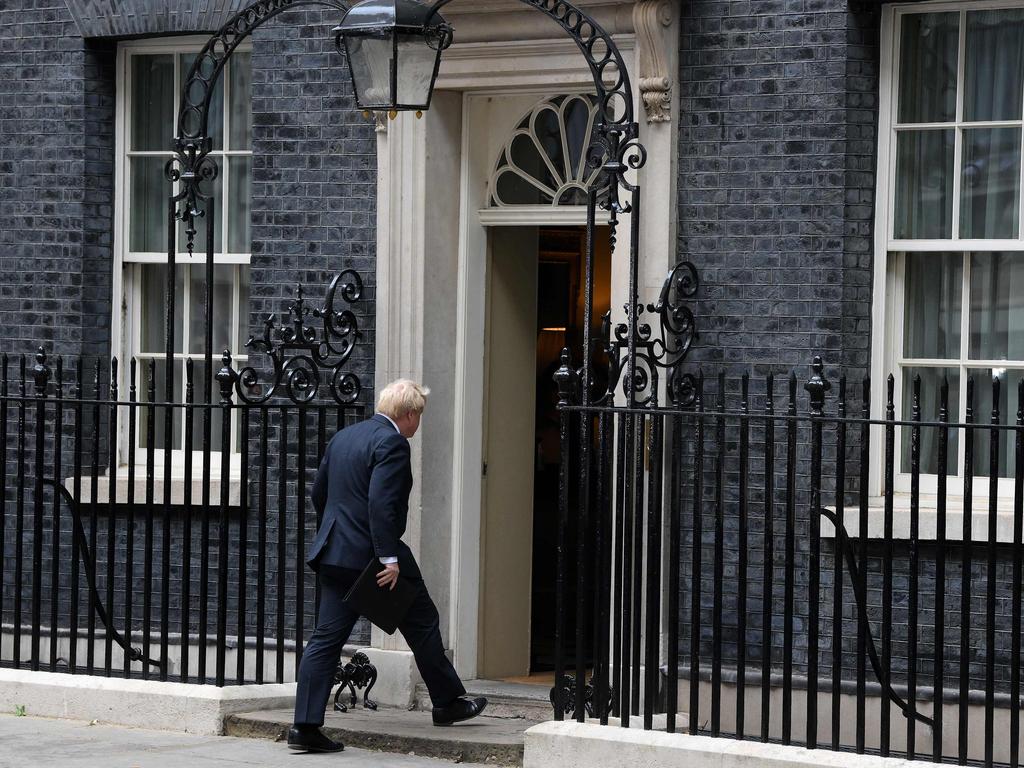
Johnson’s desire to hang on to the leadership for every moment possible has prolonged the agony only very little, but it has made the agony simultaneously more flamboyant and more distasteful for everyone.
His rise was as spectacular as his fall. Icarus-like, Johnson soared too close to the sun of historical achievement, gaining a huge parliamentary majority and winning seats for the Conservatives that had never voted Tory in their history.
But his fatal flaw was an almost complete lack of discipline. There will now be an intense ideological and political battle over the meaning of Johnson’s demise.
Listening to the BBC in the hour after Johnson announced he would resign, all the talk was about the evil of Brexit and the harm that Brexit had done.
This was spectacularly misplaced. Johnson did not lose office because of Brexit. The British people voted for Brexit again and again, in referendums, in general elections, and in Johnson’s own staggering election victory of 2019.
Instead it was just the chaos of Johnson’s personal style – which he brought wholly into the business of government – that brought him undone.
There was once another politician, an Oxford graduate like Johnson, a womaniser like Johnson, and an even bigger drinker, who in the prime minister’s office became a model of discipline, inclusion and good process.
That was Bob Hawke.
Alas, Johnson seemed to think that he could go on as prime minister just as he had when he was a flamboyant boyo scribbling for the Spectator and playing at politics on the side.
Johnson failed to unite either his party or the nation. But nor was his political approach consistent enough to polarise and win. He did that only on a few key issues: Brexit, support for Ukraine, and defeating Jeremy Corbyn. These were all mighty achievements. There is thus a significant deposit in the positive side of the Johnson ledger. But his approach to the prime ministership was chaotic from the start.
Like many contemporary leaders, perhaps especially populists who draw their authority from outside the regular institutions of politics, Johnson could not bear to have strong figures around him.
He exiled the big figures of his party and did his best to reduce the standing of anyone who looked temporarily popular, such as the recently resigned chancellor of the exchequer, Rishi Sunak.
The field of his potential successors, therefore, is distinctly underwhelming.
Perhaps Britain’s Defence Secretary Ben Wallace is the only senior member of the government to emerge with an enhanced reputation through his association with Johnson.
For all the elements of circus, and in Johnson’s case strange personal tragedy, these are events of the highest importance.
Britain is a critical country in the international security and economic systems. A nuclear weapons power, a permanent member of the UN Security Council, the strongest defence power in Europe, and the continent’s second-biggest economy, it is not only the British who need the government in Westminster to be functioning well.
The Conservative Party will surely create reasonable transition arrangements.
A very great benefit is that the political alternative to the Conservatives is no longer the extremist, Jeremy Corbyn.
But Johnson’s government, even when Johnson goes, now looks an elderly and decrepit beast, increasingly confused, bitterly divided internally, and yet with huge issues of inflation, Northern Ireland, relations with the EU, the military challenge from Russia, and the new attitude to China, all demanding immediate and focused attention.
The Johnson venture is coming to an end.
Britain, and the world, can have little idea what comes next.







And so the Boris Johnson circus ends – not with a bang, and not even with a whimper, but with the whole tent collapsing in a sprawling and undignified confusion.